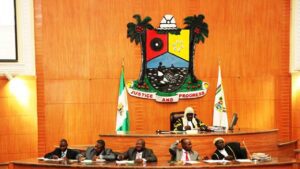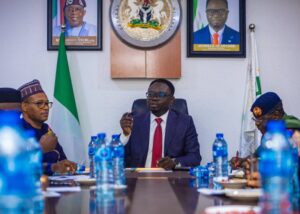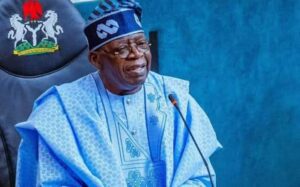
NGOs working to improve open contracting data system in Kaduna – Official
The Legal Awareness for Nigerian Women (LAWN) and Follow Taxes, both NGOs, are working to improve the Open Contracting Data Standard (OCDS) in Kaduna State.
The LAWN Programme Officer, Mr Michael Aboh, stated this in Zaria on Wednesday at the opening of a two-day training for state and local government procurement officers to improve OCDS documentation.
According to him, the aim is to strengthen accountability and transparency in the procurement processes in the state.
“The objective of the training is to identify practical challenges to compliance with OCDS and agree on ways to overcome public procurement procedures challenges for effective service delivery.
“It is also organised to learn how to upload required procurement data onto the OCDS portal to ensure access to up-to-date procurement information.”
He explained that the training was supported by MacArthur Foundation under the Strengthening Accountability and Transparency in Nigeria’s pblic sector project.
He said that participants were drawn from key Ministries, Departments and Agencies (MDAs) and focus LGAs of the project; namely Kaura, Soba and Chikun.
Dr Saied Tafida of Follow Taxes said that governments around the world spent an estimated 9.5 trillion dollars through contracts every year, adding that yet, contracting information is often unavailable for public scrutiny.
Tafida explained that OCDS enabled the disclosure of data and documents at all stages of the contracting process by defining a common data model.
He said that the Kaduna State Government had made a commitment to ensure full operationalisation of open contracting and effective deployment and use of OCDS to meet diverse stakeholders’ needs in key MDAs.
He said that the OCDS was created to increase contracting transparency and allow deeper analysis of contracting data by a wide range of users.
According to him, the commitment is part of the commitments in the state’s Open Government Partnership (OGP) Action Plan, 2021 to 2023, awaiting approval by the Executive Council.
“The OGP is a multilateral initiative that aims to secure concrete commitments from national and subnational governments to promote open government, empower citizens, fight corruption and harness new technology to strengthen governance.
“The principle is simply citizens and government working together for transparency, accountability, citizen’s engagement and use of technology.”
He said that OCDS was critical to improving the quality of service delivery, stressing that having access to contracting information will ensure robust citizens engagement in the delivery of government projects.
Mr Mohammed Suleiman, the Director Compliance and Capacity Building, Kaduna State Public Procurement Authority (KADPPA), thanked LAWN and Follow Taxes for the support.
Suleiman, an architect, said that corruption had remained a huge challenge in the country, stressing that public officers must work with citizens to reduce the incidence of corruption in service delivery.
He said that contractors find ways to abuse contract agreement because the contracts processes were not transparent enough.
“This is what the Kaduna State Government in partnership with NGOs and development partners is working to address by making all contracting information public for citizens to engage the process.
“Until citizens engage in the process and provide feedback to the government, contractors will continue to cut corners in project execution,” he pointed out.
He said that the government was making efforts to ensure that all contracts awarded in the state complied with the OCDS.
He said that the MDAs were required to fill the OCDS template about the project, cost, budget amount, rational and needs assessment, location, procurement category and procurement method used.
Other information, according to him, are date of advert, date of advert close, award criteria, project duration, bill of quantity, date of award, date of signing of contract, commencement date and contract duration,
“They will equally provide the name of contractor, address of contractor, phone number, e-mail, project photographs and project funding,” he said.



